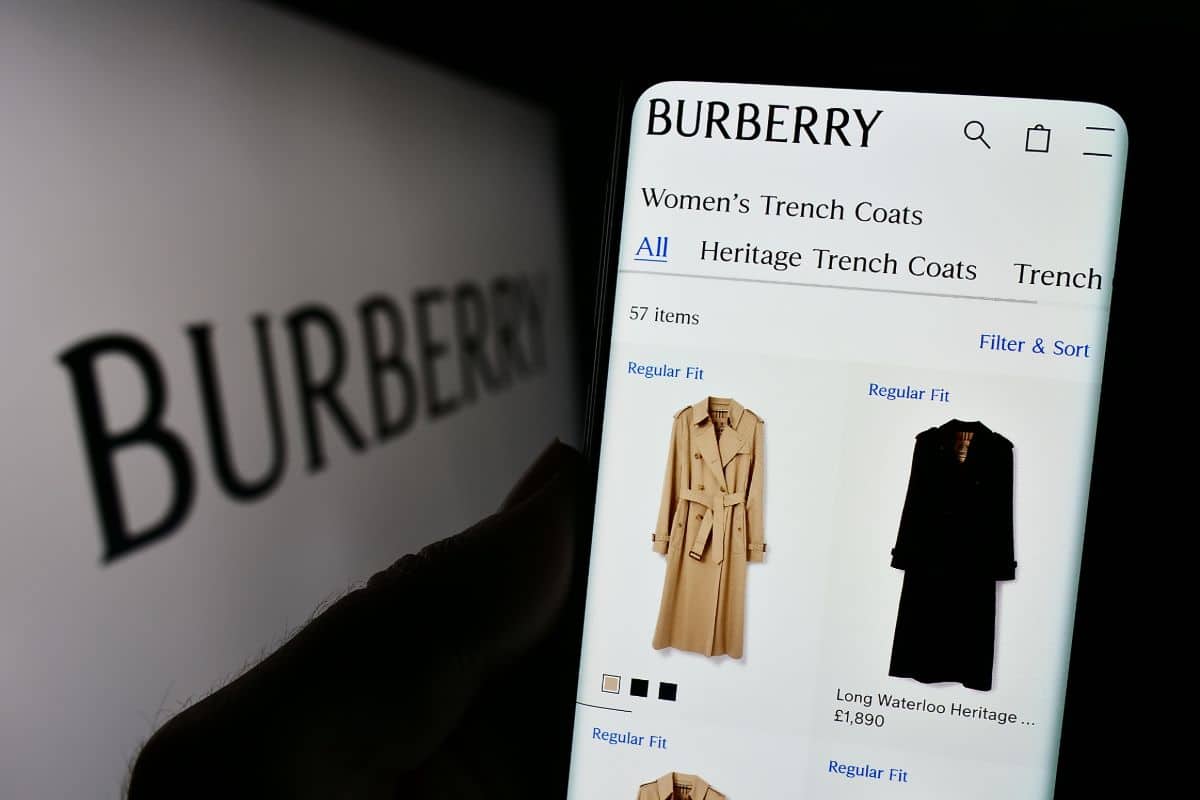WHAT DOES YOUR COMPANY DO AND WHAT IS YOUR USP?
Emarsys is a global B2C marketing cloud company. It helps retailers to work at scale, personalising interactions with individual consumers in a seamless manner across channels. Its in-house developed solution has been built from the ground up to provide personalised messaging which is then sent though different channels from web to mobile. The solution is being used by more than 2,000 customers in 140 countries. The fifteen-year old company remains privately held and has attracted £55m in investment since entering the US market two years ago.
WHAT CHALLENGES ARE MARKETERS FACING IN RETAIL TODAY?
Retail channels are merging and consumers are demanding a seamless experience across online and offline channels. Mobile has given them the power in many ways including the ability to check online offers while standing in store.
Disparate teams within the retail organisation – from merchandising, shop managers and marketers to the IT team – are trying to solve similar challenges but in different ways resulting in an experience for consumers which may not be joined up. Retailers, therefore, need one database which can bring all of these teams together; a single source of the truth providing one place in which all of their data can be brought together, analysed and acted upon.
HOW BIG AN OPPORTUNITY IS AI FOR RETAILERS?
The amount of data held about customers is enormous. Analysing that data, segmenting it and drawing insight from it is better suited to a machine than to humans. Artificial intelligence (AI) can utilise machine learning and pattern recognition to work out the best way to interact with individual customers based on their past behaviour or similarity to other customers.
AI will have profound effects on the retail industry. It can provide a unified personalised experience with the consumer which is agnostic of channel. This will make the in-store experience the same as the web experience, for instance.
AI can solve the problem of personalising the experience for the end consumer. It can predict what a customer will do, as well as highlighting to someone in the business what message will produce the best outcome. AI can work out from business goals which promotions, offers and product selection will perform best when offered to individual consumers. It will factor in margins and discount levels based on rules around short-term revenue and long-term profit goals.
It gives the right discount levels to the right customers. Where one consumer can be swayed by a 20% discount, another is more likely to convert when offered free delivery, for example. AI can predict whether product A or product B should be included in a certain communication. This unified personalised experience for customers is agnostic of channels so each offer can be presented through the best channel whether that’s a mobile offer, email, web or via clientelling in store.
One German retailer, for instance, is using AI to personalise offers for store visitors so that a store associate knows the key offer to give them when they visit the store. Another aspect of AI is its predictive capabilities which can be used to trigger a campaign to coincide with a consumer getting close to needing to reorder a product or coincides with when a previous purchase is about to become out-of-date.
As with all forms of personalisation, AI-automated offers need to be presented in a way which is seamless to the consumer and don’t make them feel like they are being stalked. AI can be invisible to marketers too since it works in the background and is controlled by rules around business goals and the outcomes required by the marketing team.
The marketers can leave the technical and operational complications aside and not be lumbered with involved marketing automation, programme building and channel email building. Automation takes over the day-to-day complexities of segmentation and putting offers in place and frees up marketers’ time to concentrate on marketing and making sure that campaigns work on a human level. This is the future and it leads to increased revenue.
HOW IS EMARSYS HELPING RETAILERS WITH THESE CHALLENGES?
Emarsys has been helping retailers with its AI offering for the past 12 months with some customers seeing an uplift in revenue of up to 28%. Many retailers started testing AI with sample segments of 10% of their consumer database, gradually increasing the segment size to 50% and upwards as the technology proved itself. AI in retail is still in its infancy but it won’t be long before marketers turn on the full capabilities.
Implementations are expected to skyrocket in 2019 and, in the same way that CRM and marking automation platforms are now common place, in time AI will become ‘bread and clouder’ too.
This Company Spotlight was produced by InternetRetailing and paid for by Emarsys. Funding articles in this way allows us to explore topics and present relevant services and information that we believe our readers will find of interest.
EMARSYS IN BRIEF
Date launched: 2000.
Global reach: 17 global office locations, serving more than 2,000 clients in 140 countries.
Customers: Emarsys has a strong customer base in Europe and Asia Pacific and has been building its customer base in the US over the past two years. Customers include eBay, Toys “R” Us, Nike, Canon, Volvo, American Express and L’Oréal.
Employees: over 700.
Contact: For further information contact Emarsys at www.emarsys.com, via Twitter at Facebook or Linkedin.






